Called to Glory
 Family history is one of those things you should never inflict upon people you like or respect, but this little story I learned last week is too good to let pass. It concerns my Great-Grandmother, Adelaide Bradley, who was run over by a tram on Jetty Road in Glenelg in 1942. Sad, obviously, but it’s difficult not to wonder what the family (who were Church of Christ in those days) were thinking when they drafted her death notice, which read, in one of those delightful collisions of religion and modernity, that she’d “been called to glory after contact with a moving vehicle.”
Family history is one of those things you should never inflict upon people you like or respect, but this little story I learned last week is too good to let pass. It concerns my Great-Grandmother, Adelaide Bradley, who was run over by a tram on Jetty Road in Glenelg in 1942. Sad, obviously, but it’s difficult not to wonder what the family (who were Church of Christ in those days) were thinking when they drafted her death notice, which read, in one of those delightful collisions of religion and modernity, that she’d “been called to glory after contact with a moving vehicle.”
Break text



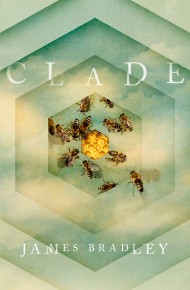

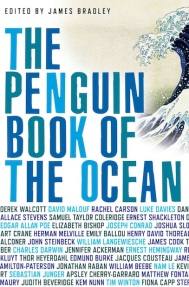
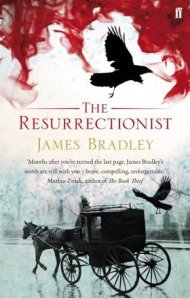
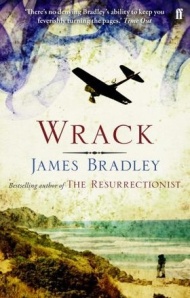
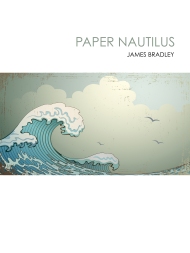
‘Family history is one of those things you should never inflict upon people you like or respect’
Why ever not? I love family history. (Everyone else’s as well as mine, I mean.)
The Salvos say ‘promoted to glory’. Both ways of putting it are equally emphatic about the passivity of death — ‘called’ and ‘promoted’ both posit Someone Else as the all-powerful agent. But every death I’ve ever had anything to do with has reinforced my belief that people die of being themselves.
I think we’re all fascinated by our own family history, somewhat less by those of other people. Though that said, I have a fairly odd relationship with mine, largely because we actually had very little to do with our relatives when I was growing up, and I knew very little about where we came from or what the family’s background was. As time’s gone on I’ve learned more, but it’s still pretty fragmentary. What is very striking though is the way it impresses itself upon you, and how visceral that sense of connection is when you’re offered it. That and the reminder of just how quickly lives vanish, how quickly you reach a point where people just drop out of memory entirely. The material I was reading recently is only a couple of generations back, and already it’s another world, and the people involved are little more than names.
‘Die of being themselves’ – I like that. It does seem a rather Christian way of looking at it, though – one obvious interpretation would be that people die of their vices, and ‘the wages of sin is death’.
Genealogy used to be second-only-to pronography on the interwebs, but now it has succeeded to first place. I sensed this when i saw ancestry.com advertising on television, and The Weekend Australian feature confirmed it.
Many researchers begin for the point you stated ‘knowing nothing about previous generations’.
My family was hiding a convict I am so proud of – he got 14 years Transportation as a result of the 1830 Swing Riots in Aylesbury, and his younger brother got 2 months in the Pommy slammer. they hated those machines. Early ecologists, I claim.
As a longtime trawler of public Inquest databases I revel in some of the historic Cause Of Death columns – try Visitation by God.
If you find my comment an irritation, please blame Tim who lead me to you.
The unearthed obit is indeed a delightful collision of religion and modernity, a delight perhaps not shared by the late Mrs Bradley.
Interesting that I think this is exactly how the protagonist’s father is killed in Michelle de Kretser’s The Lost Dog … have you read it?
I haven’t, as it happens. Life imitates art though, etc etc.